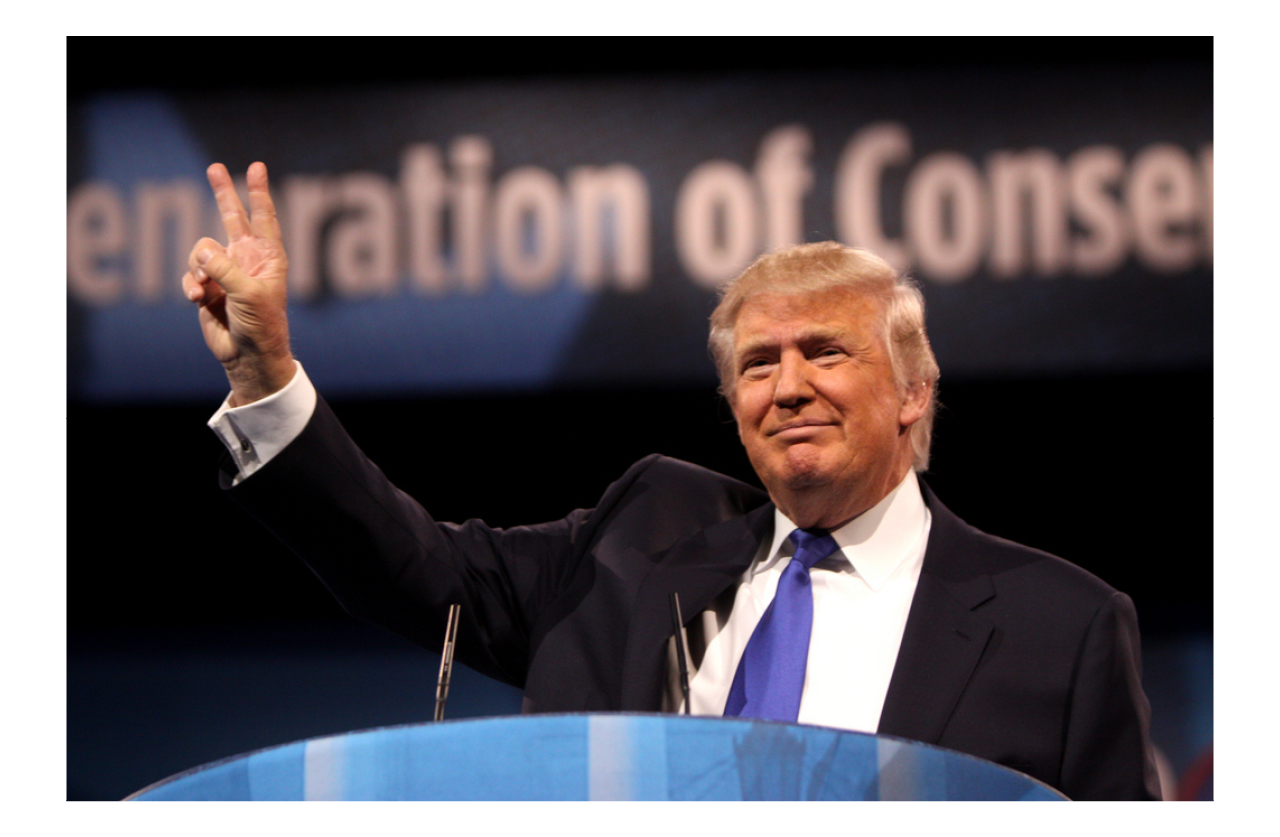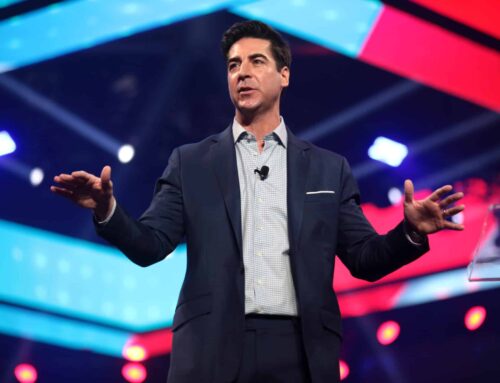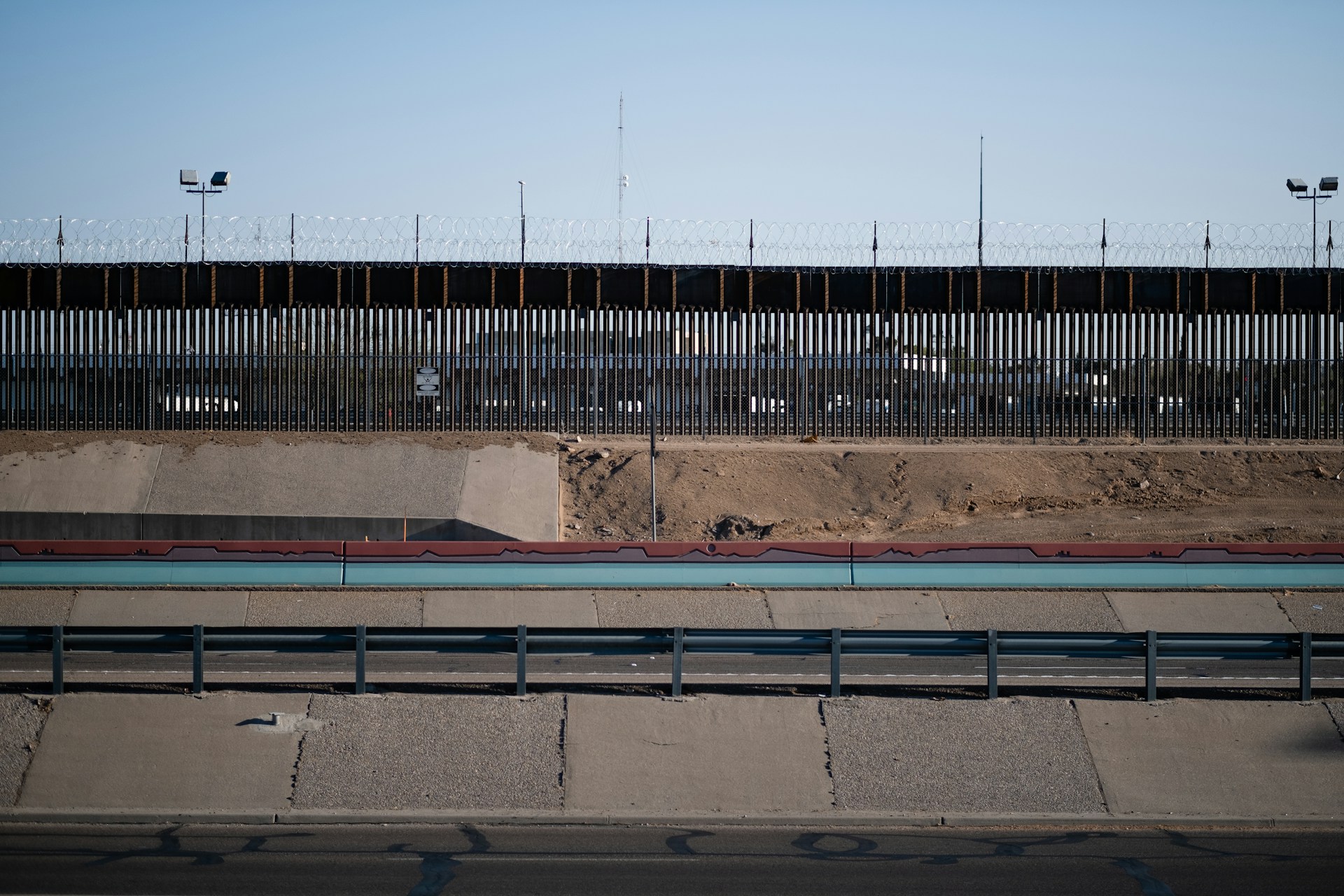Last week, I wrote in this space that whatever the outcome of the election, the president-elect and the new Congress need to look for ways to bring the country together.
Democracy is hard work: As voters we have all watched and participated in a grueling election cycle. Today, President-elect Trump and the new Congress now have to turn to the challenging task of governing.
Come January, the Republican Party will hold majorities in both the House and Senate as well as the presidency, but that unity in party power does not mean the task of finding common ground will be easy.
As much as the election of Trump signals a deep desire for change in the country, the congressional election signals a status quo. And the country is divided. Congress is closely divided and more voters chose a candidate other than Trump than chose him.
So what can we hope for as we look ahead? The new president and Congress will be operating in a fiscal climate set by certain clear facts: Our national debt is $19.8 trillion dollars and climbing; our deficit for fiscal year 2017 was more than $500 billion; the current suspension of the debt limit expires next spring, leaving open the possibility of a government shutdown or even a default. Even in the context of the Budget Control Act, which set spending limits, it has been consistently challenging to find agreement about just how to put the country on a sustainable fiscal path.
But despite these challenges – or perhaps because of them – there are some opportunities presented by the results of the election, for both the new president and the new Congress.
1. Both Congress and the president should demonstrate leadership through straight talk on priorities, choices, and costs of the major policy initiatives – and back it up with math. Whether the opening legislative move is repealing the Affordable Care Act, tax reform, increased border barriers or a major infrastructure investment package, tell taxpayers how the nation will pay for these choices. With one party in power, all the political credit or blame will fall in one place once decisions are made – better to tell the American taxpayers the price tag up front. We can look for evidence of good intentions along these lines if the new administration sends up a fiscal year 2018 budget request promptly, and Congress holds orderly hearings on schedule.
2. Having both the presidency and Congress presents a great opportunity for Congress to play an appropriate oversight role – holding hearings to identify problems as well as opportunities for savings and improvement, not just to make political points. Taxpayers depend on the legislative branch to provide a meaningful check and balance on the executive – doing so now would show the American people that ensuring the proper function of government matters more than gaining political advantage.
3. The president should take the lead in looking for opportunities for bipartisan cooperation. For many issues, the divisions between parties are not as great as they might seem. Democrats and Republicans regularly work together on issues where regional or other alliances overcome partisan divisions. Surely there are many areas where we can find agreement. Dealing with the debt ceiling prior to reaching the brink of crisis will provide an early example for bipartisan leadership. To move forward as a country, it is critical that our political leaders look for ways to work together.
The day after any presidential election, the country is full of both hopeful and disappointed voters. That is the nature of our system of democracy. The challenge ahead is for the president and the Congress to work towards a way to bring us together.















Get Social